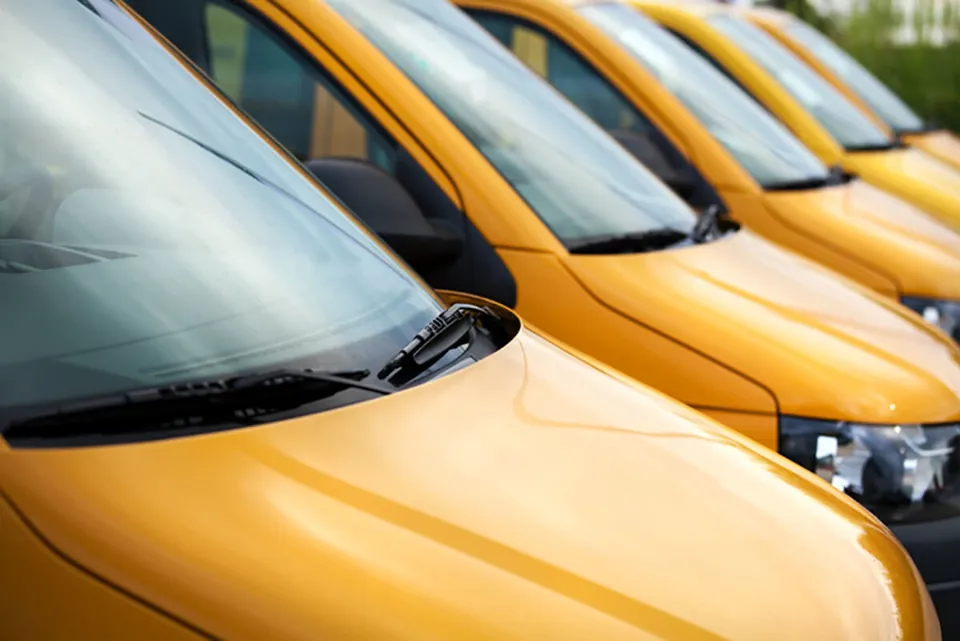Despite the massive burden of fuel costs, many operators fail to adopt straightforward measures to reduce this expenditure – a cost straight off that organisation’s bottom line.
A recent survey of FTA’s van operating members revealed that almost half didn’t measure fuel consumption across their van fleets, only a quarter planned their routes, and a third didn’t train their drivers in fuel-efficient driving techniques.
So what can operators do to improve their performance?
The overwhelming response from respondents was around the application of a number of common sense measures.
The starting point must be to establish the current fuel economies within the fleet and with most respondents using fuel card and bunkering systems to buy their fuel this should be a relatively uncomplicated task. Simply comparing the figures across similar vehicles and fleets can quickly highlight areas for attention.
Driver training is seen as having a positive effect on fuel spend, although a degree of variability is noted with some drivers seeming to respond better – possibly because they were starting from a lower standard – and there is often a tail-off in improvement over the following few months.
How can that tail-off be controlled? The consensus is that continued measurement of driver performance is vital. Clearly telematics has a role to play, as has simple fuel economy calculations, but the key is to ensure drivers are aware of the impact of their driving habits.
A league table of driver performance is cited by many operators as being successful in ensuring drivers continue to use the skills gained during efficiency training. Peer pressure provides a strong incentive.
Technology also has a strong role to play in controlling fuel spend. One major fleet operator has realised more than 10% savings simply by investing in off-the-shelf sat-navs and instructing drivers to plan their routes and to use the built-in fuel price function to identify the cheapest fuel within three miles when they need to fill-up.
The use of speed limiters was also seen as vital. Aside from the legal issues, a van travelling at 80mph can use 25% more fuel than at 70mph. Almost two-thirds of respondents regularly use speed limiters on their vans and recognise their use as being one of their most effective fuel saving measures.
There also seems to be a developing trend towards the adoption of rev limiters (or rev control by ECU remapping) with several operators reporting successful trials. This option appears to be gaining a particular foothold with operators in the utilities and civil engineering sectors where a good proportion of their work is in an urban environment.
The ‘best practice’ message from respondents was that there isn’t a silver bullet to reduce fuel spend. It was the combination of a range of measures which produced real results.
The ability to measure and compare data is a must. Telematics, fleet management systems, fuel card data and spreadsheet calculations all have their role to play.
Driver training will help establish a level playing field across the business.
More on page two...

















Login to comment
Comments
No comments have been made yet.